CBD: Trash or treasure?
Author:
Julio Valero
Published on:
7/28/2022

You've probably heard about the properties of CBD through the web, media, or conversations. It is commonly sold in capsules, oils, or topical creams. We are referring to Cannabidiol (CBD), a component extracted from the cannabis plant. The plant also contains tetrahydrocannabinol (THC), the psychoactive compound responsible for the euphoric effects of cannabis. For this reason, there is enthusiasm and curiosity about CBD, although it differs in the production of euphoria, since CBD is lower and does not contain addictive qualities. However, it is used for many of the same reasons as cannabis smokers, including relaxation, sleep, and pain treatment.
In 2017, a survey of 2,409 CBD users was conducted and the results showed that 62% of them stated that they use CBD to treat a medical condition. The main reasons for its use were:
Pain (chronic or joint)
Anxiety or Depression
Sleep problems
CBD is a natural compound found in cannabis plants and is generally well-tolerated in a wide range of doses and forms, contributing to its popularity. As evidence-based practitioners, it's crucial to understand what CBD is, what the research says, and how it might impact client outcomes. Does CBD truly offer any benefits, or is it simply a case of popular enthusiasm for THC's non-intoxicating cousin, despite a lack of definitive evidence supporting its use?
Note: Legal use of CBD varies by location. Check local laws before purchasing or consuming.
Pain
In recent years, medical marijuana has been touted by many as a pain reliever. However, CBD works in different ways within the body compared to THC. There are testimonials from people claiming that CBD helps relieve pain, but these are simply anecdotes told by people who have not done any research on the subject; although the placebo effect is well documented when it comes to painkillers and pain treatments.
Here's what the research has to offer:
Most studies on CBD have been conducted on rodents, and several of these studies suggest a potential link between CBD and pain relief. Oral CBD has been shown to be effective for chronic inflammatory and neuropathic pain. While the results have been promising, it remains uncertain whether it will be equally effective in humans. Researcher Hammell suggests that transdermal application might be more effective for reducing pain and inflammation in rats with arthritis.
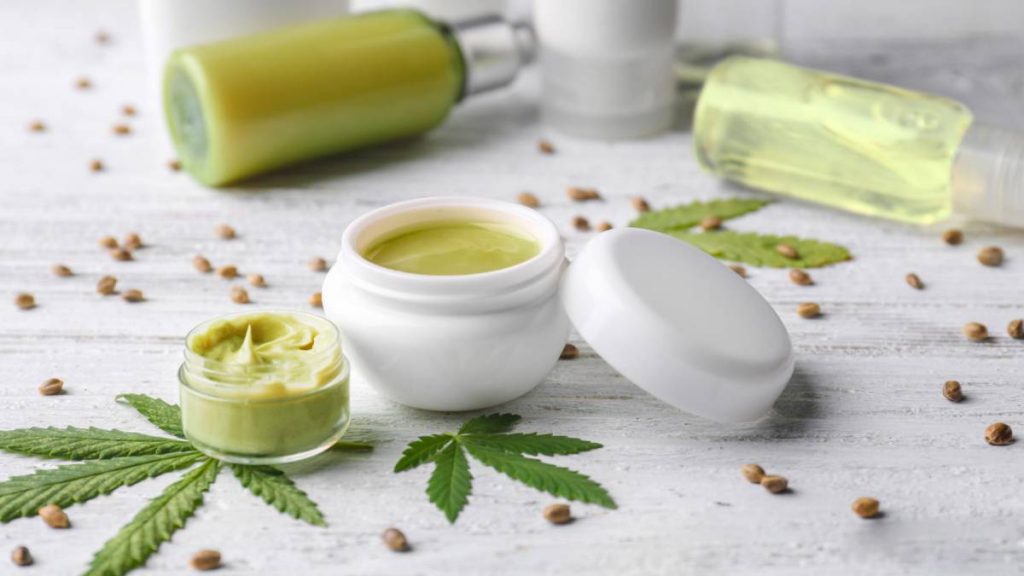
Human evidence is limited. However, a study by Nitecka-Buchta found that transdermal CBD reduced muscle pain after 14 days in individuals with temporomandibular disorders. The Visual Analog Scale (VAS) pain score decreased by 70.2% in the CBD group compared to 9.81% in the placebo group. This suggests that transdermal CBD may be more effective for localized pain than oral administration.
As discussed above, CBD can indeed be effective in reducing pain, however, human research in this area is still limited, especially when considering the types and causes of pain.
In conclusion, pain is a broad term encompassing various causes and factors. This complexity often discourages individuals from seeking professional medical attention to address the underlying issue. Instead, they turn to CBD as a potential solution.
It's important to distinguish between topical and transdermal CBD products. While many topical CBD creams and lotions are available, some may have a primarily placebo effect, especially when combined with ingredients like menthol.
Anxiety or Depression
Anxiety is similar to feeling afraid or worried. Some of its symptoms can include: pounding heart, rapid breathing, restlessness, sweaty hands or feet, and shaking. Anxiety is a normal response that many people experience in stressful situations, such as job interviews, speeches, or academic tests. However, it can become a disorder when anxiety becomes chronic. Some types of anxiety disorders include Generalized Anxiety Disorder (GAD), Post-Traumatic Stress Disorder (PTSD), and Panic Disorder. For these conditions, medications can help manage symptoms, but they may have unpleasant side effects. Some common medications include Selective Serotonin Reuptake Inhibitors (SSRIs), SNRIs, MAOIs, and benzodiazepines.
As has been said so far, CBD is not addictive and generally causes few side effects, so this can be an alternative to traditional anti-anxiety medications. Now, let's see how it behaves according to the research done so far:
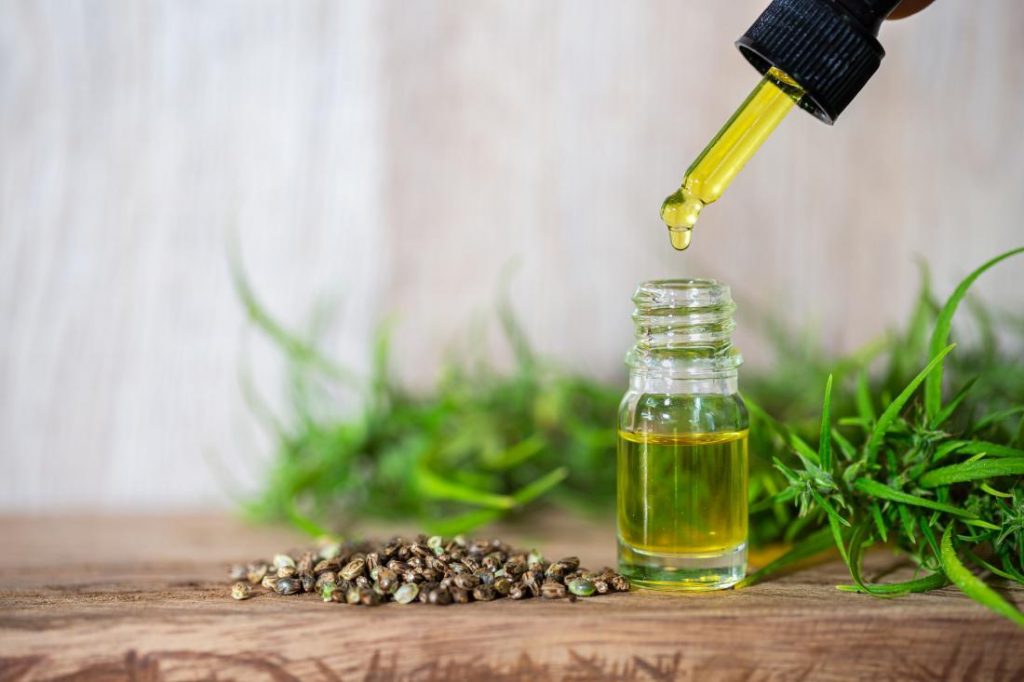
For research purposes, acute anxiety has been induced, and CBD has shown significant effectiveness in both healthy individuals and those suffering from Social Anxiety Disorder (SAD). Linares' study revealed that CBD reduced subjective anxiety measures in healthy individuals during a simulated public speaking test, compared to a placebo. Interestingly, this effect followed an inverted "U" curve, with 300mg of CBD proving more effective than 150mg or 600mg. Zuardi's research yielded similar results. CBD's potential anxiolytic effect may stem from its influence on limbic and paralimbic brain regions, areas implicated in the pathophysiology of anxiety.
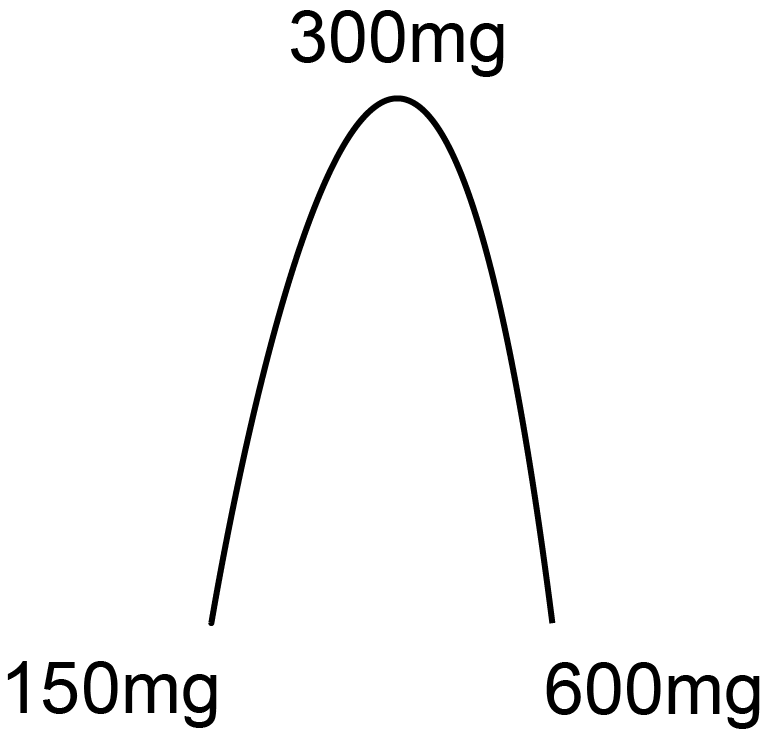
For chronic anxiety there are no certain results because the existing research is almost non-existent, there are only two studies that point to the effectiveness of CBD in patients with chronic anxiety, but in one of the studies the subject suffered from lack of control and in the other study it was on teenagers who suffered from social anxiety who underwent the 2-month study, so the results were good.
There is currently not much research data on depression in humans. The little preclinical evidence that exists is in rodents and indicates a good potential for use in depression, but the results for humans remain unknown.
While CBD seems promising for anxiety, don't get too excited. Studies suggest an effective dose of around 300mg. A quick search on popular CBD brands shows a bottle of CBD oil containing 300mg costs about $40. Similarly, a bottle of 30 capsules (25mg each) costs around the same. This means you'd need to consume 300mg daily for optimal results, which can be expensive for long-term use.
Sleep
One benefit that CBD is associated with is promoting sleep. Some research has shown that the sedative effect is at high doses of 600mg and other research indicates that it can lead to more self-reported sleep in people who suffer from anxiety or insomnia.
Linares conducted a study to measure the effects of CBD versus placebo on sleep, using polysomnography. The study involved 26 healthy volunteers who received a 300mg dose of CBD. A crossover design was used, incorporating subjective and cognitive measures. However, no statistically significant differences were found in subjective, cognitive, or polysomnographic measures. It appears that the positive effects of CBD on sleep may be more pronounced at higher doses or in individuals with anxiety or insomnia.
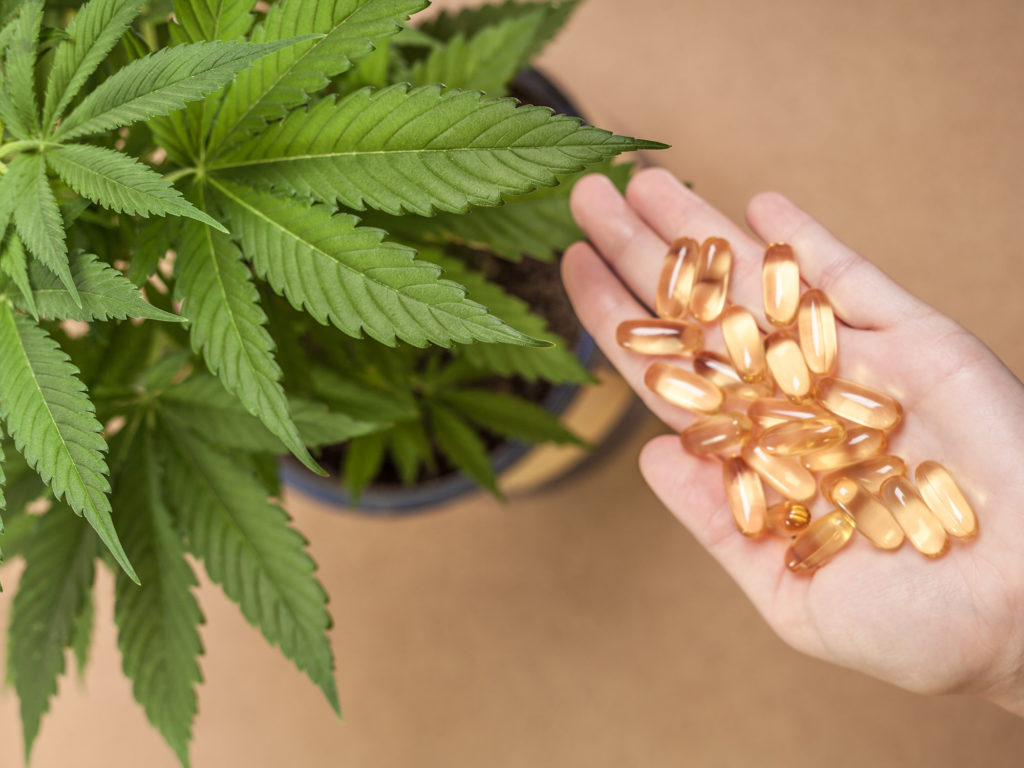
What is known for certain is that the benefits for sleep are resistance training, proper sleep hygiene, and cheap supplementation, so it is difficult to say what additive or comparative function with CBD would have a solid basis.
Side effects, interactions and quality
Finally, it is important to note that CBD does have side effects. A 2017 survey of 2,409 people found that 30.8% experienced at least one side effect from CBD. The most common side effects reported were dry mouth, euphoria, increased appetite, red eyes, and sedation or fatigue.
Just as CBD can interact with other medications, it can also affect them, such as the CYP450 family of liver enzymes. These enzymes are responsible for metabolizing most medications. As such, CBD users should be aware of potential drug interactions, especially those with a “Grapefruit Warning,” and should speak with their providers to find the best treatment plan for their condition.
Due to the lack of regulation of CBD products in the US, it can be difficult to know which ones have the true CBD content. A 2017 study of 84 CBD products found that 26% reported excess CBD, 31% were accurately labeled, and another percentage contained THC, which could harm athletes who are drug tested or those who want to avoid the psychoactive effects of THC. Therefore, it is recommended to look for products that are accredited as being of good quality.
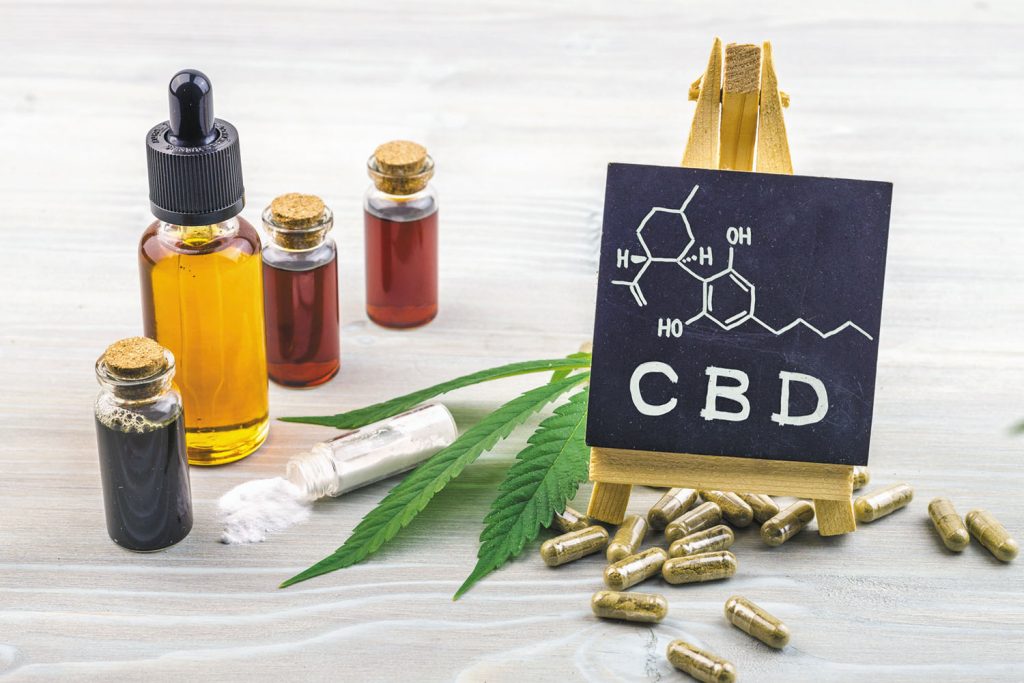
Conclusion
In conclusion, CBD is a cannabis compound often consumed in capsules, oils, or topical creams to alleviate pain, anxiety, depression, and sleep disorders.
There is not much research on CBD in humans, most of which is anecdotal or in animals. Despite this, the few studies done on individuals show that it can be positive for use in certain ways, but for it to have a good effect it must be taken in high doses, not as normally recommended, and doing so would increase its cost and lower consumption.
This will undoubtedly be a subject of research for years to come, but currently, while there's potential, it's being overhyped and exploited for significant financial gain.
If you want to see the studies I used for this analysis, you can go to the website: www.alanaragon.com
Comparte en redes sociales
Recent posts

A bad night's sleep: a reason to stay up even longer?
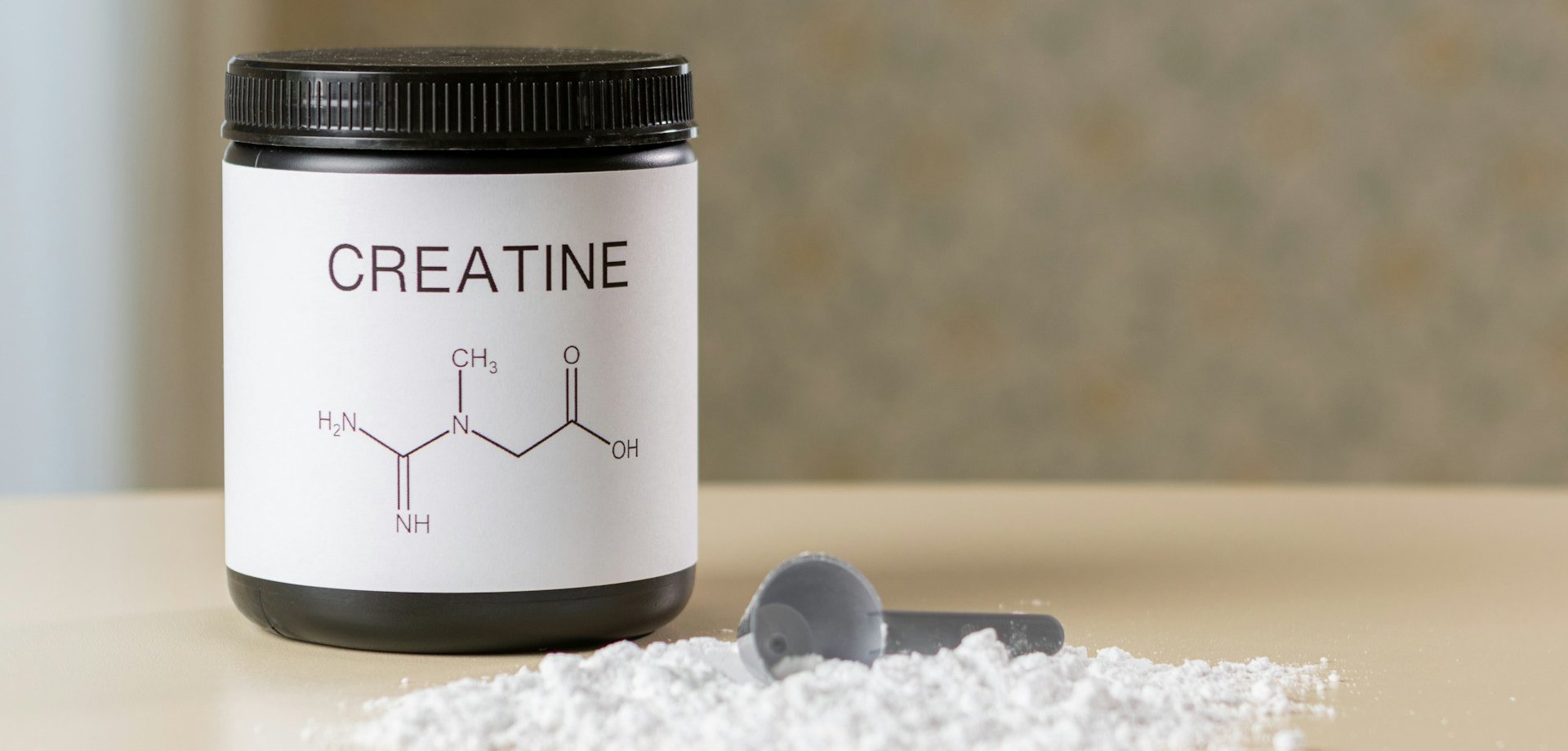
Creatine Effectiveness: What Does Science Say About Its Benefits?

Does meal timing help you lose fat?

Is your triceps press building muscle or holding you back?

Nutrition tailored to you: based on your genetic profile.

Carbohydrates: the key to an explosive workout.